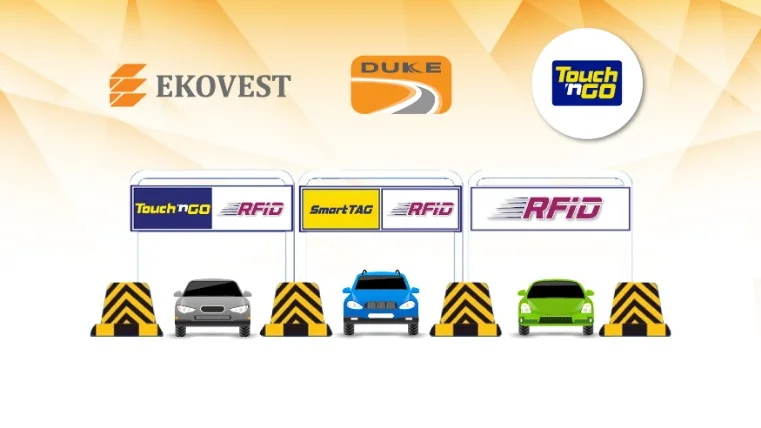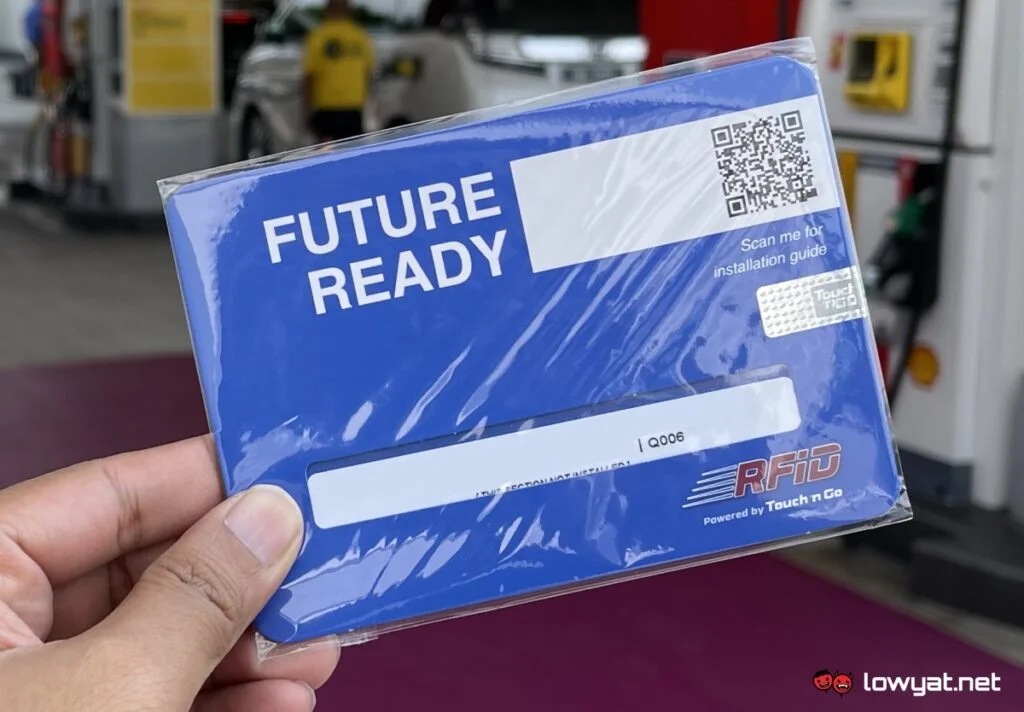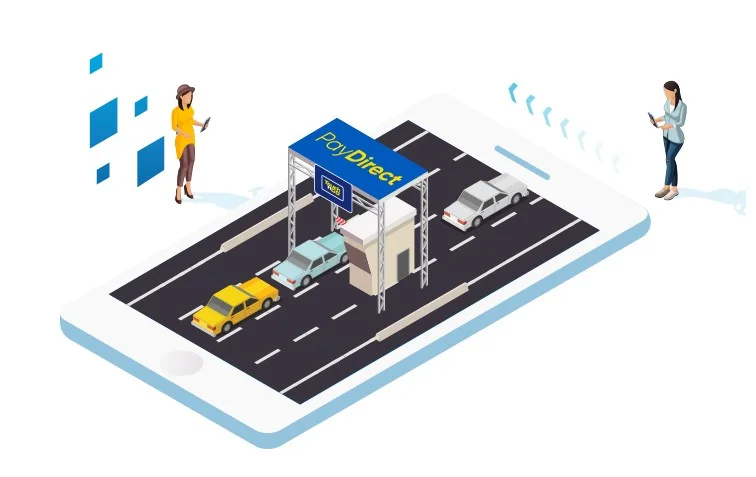That being said, all elements need to work properly in order for them to serve their purpose and this include connectivity as both of these features are technically cloud-based system. Hence, what happened at Duta-Ulu Klang Expressway (DUKE) and Setiawangsa-Pantai Expressway (SPE) last Saturday seemed like a hard lesson on the importance of having one or more fallback solutions for critical applications. As the story goes, the operator of DUKE and SPE (also formerly known as DUKE Phase 3), Ekovest published a post on the official Facebook page of each highway on Saturday morning in order to notify users that they were not able to utilize TNG PayDirect and RFID payment systems at all toll plaza within both highways. [Image: DUKE / Facebook.]For reference, there are four toll plazas on DUKE altogether which are located at Batu, Sentul Pasar, Ayer Panas, and Segambut while SPE currently operates only one toll plaza in Wangsa Maju. At around 3:00 PM, a follow-up notice was published on DUKE and SPE’s Facebook pages which said that the downtime was due to damages on TM’s fibre optic cable which was believed to be caused by vandalism. Given what has transpired throughout the day, it seemed that Ekovest did not implement a secondary connectivity solution into DUKE and SPE’s back-end system or else, the company would not have to wait until TM rectify the situation. Meanwhile, the company only posted another update on Sunday morning to notify users that things are already back to normal although Communications and Digital Minister, Fahmi Fadzil tweeted out that the repair works have been completed by TM at 8:30 PM on Saturday itself.
Based on the comments left on DUKE’s Facebook page, it seemed that Ekovest did not have a good contingency plan to help mitigate the congestion that was caused by the downtime. According to this particular commenter, he was asked by the toll plaza’s staff to borrow the TNG card from another user since his card did not have sufficient balance. Even though the old-school TNG card and SmartTAG system were not affected by the disruption since the funds are stored directly inside the card which means they don’t really rely on real-time connectivity but it seemed that users were not able to reload their TNG card at DUKE or SPE’s toll plazas during the downtime period. [Image: TNG eWallet.]Another commenter pointed out that Ekovest should have deployed temporary personnel to process the payment at the RFID lanes in order to ease the congestion that was caused by the downtime. All in all, now might be a great time not only for Ekovest but also for all highway operators throughout Malaysia to examine the connectivity setup for their PayDirect and RFID payment system to ensure that highway users would not experience the same inconvenience that was faced by DUKE and SPE users last Saturday. For frequent highway users, there is a lesson to be learned here: don’t think it is wise to put 100% of your trust in the PayDirect, RFID, and TNG eWallet payment options. Maybe you want to start making sure that your physical TNG card has at least some substantial balance at all times as you never know when these difficulties could rear their ugly heads.


